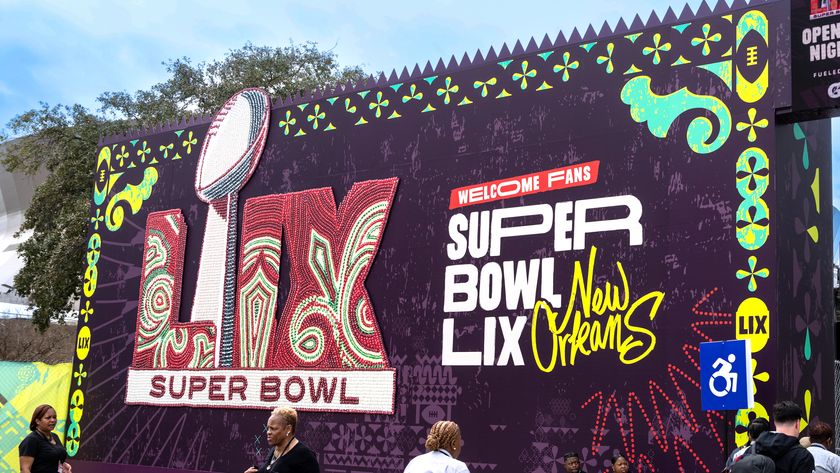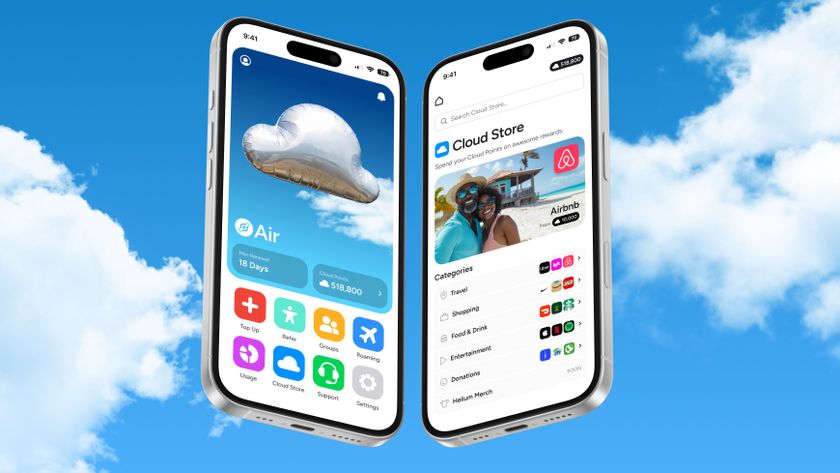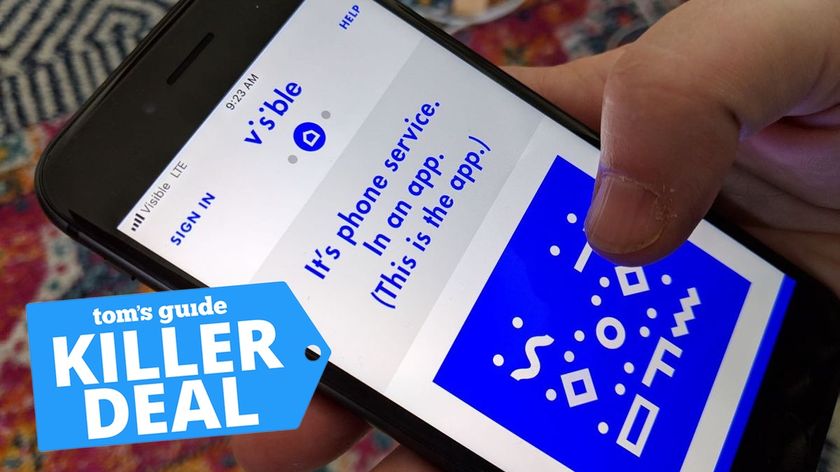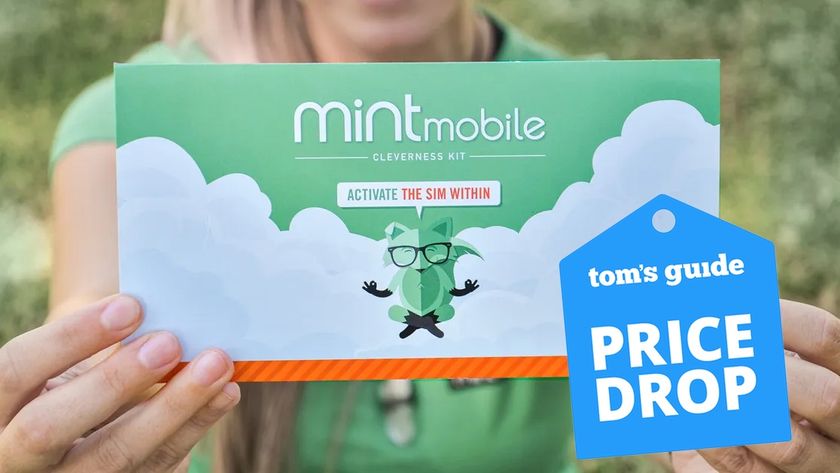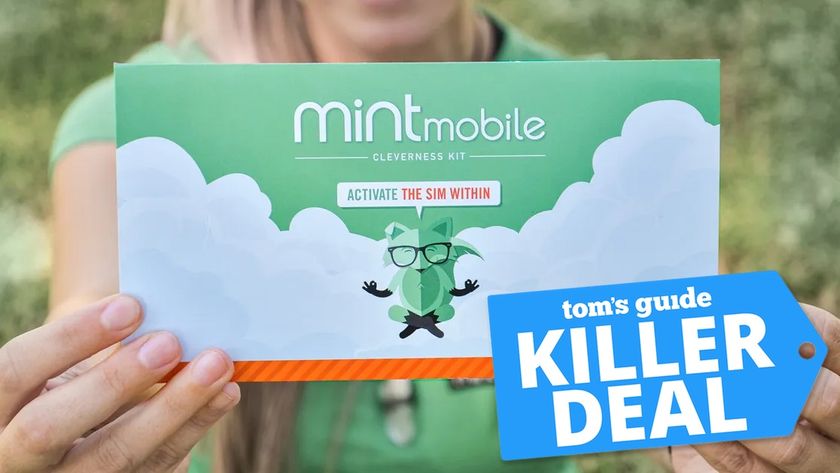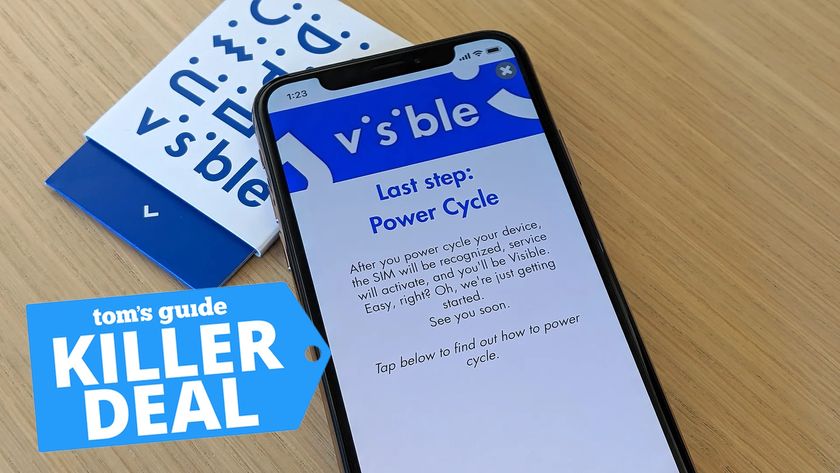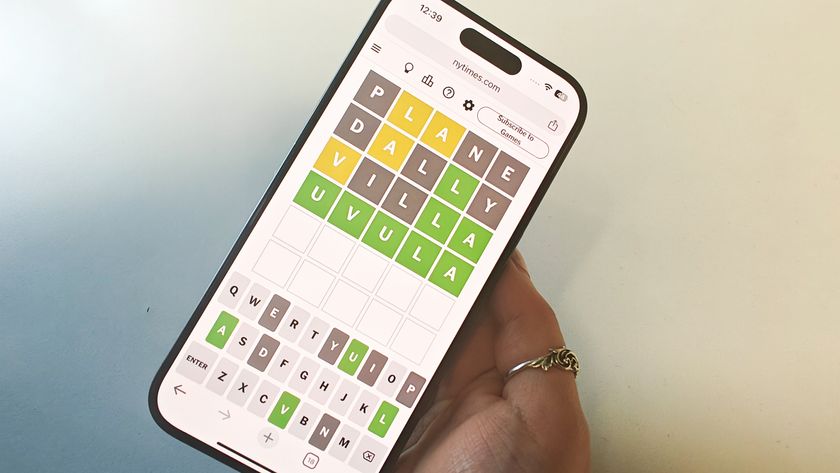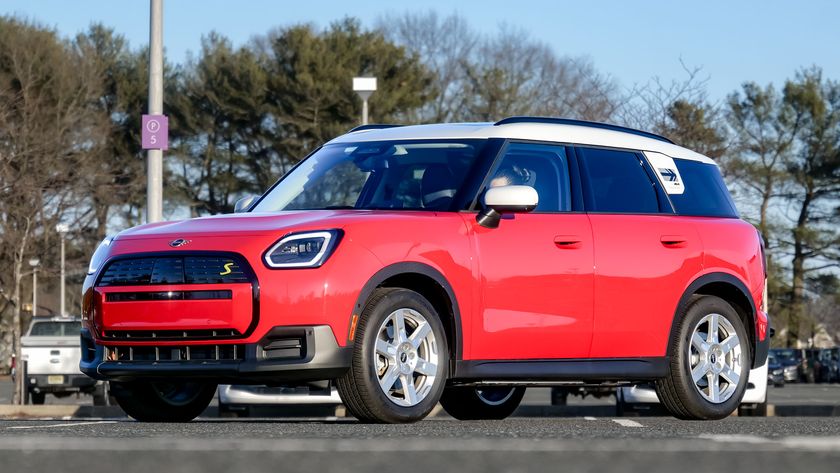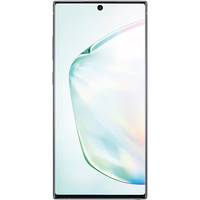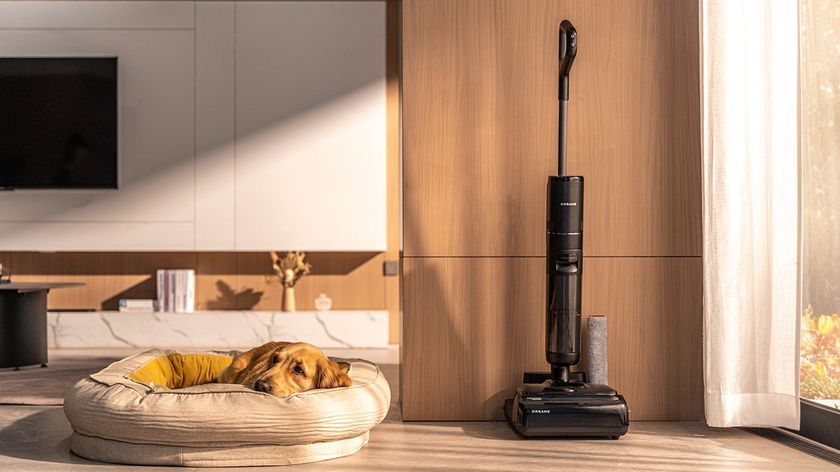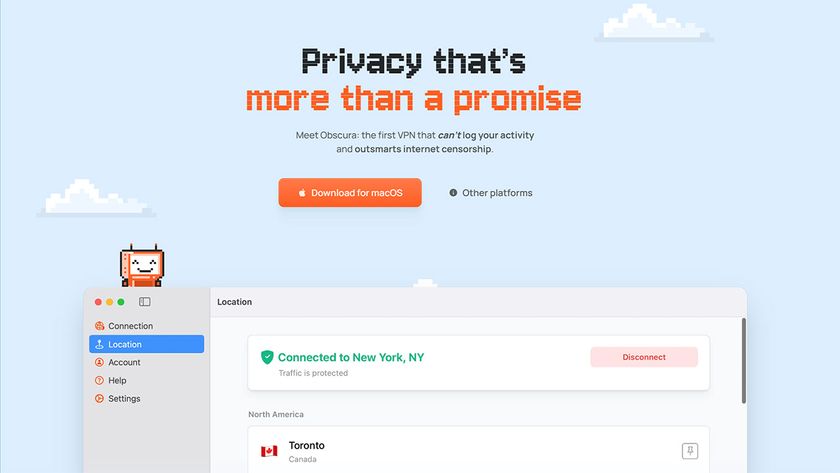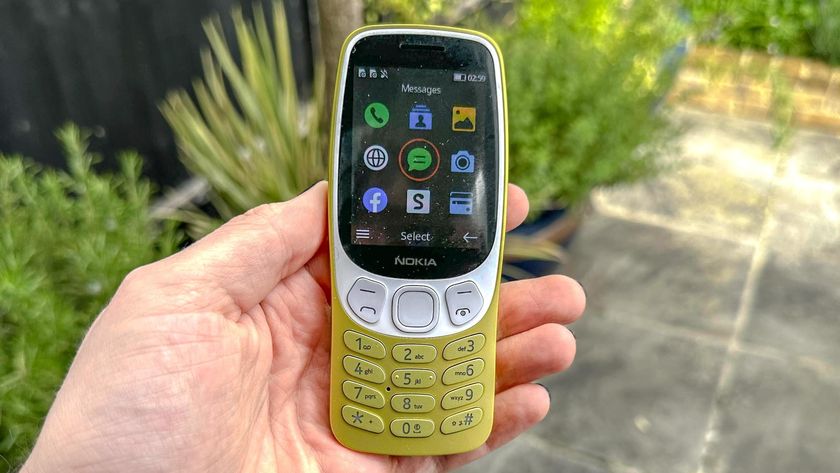T-Mobile’s 5G network: 4 reasons to switch, 4 reasons to wait
Is T-Mobile’s 5G ready for prime time?

T-Mobile has thrown the switch on a new 5G network. And unlike previous 5G efforts by rival carriers that have been limited to a handful of cities — and only select areas of those cities, at that — T-Mobile's 5G network reaches across the country.
No more standing on street corners wondering if you can maintain a 5G connection. If you live in one of the areas where T-Mobile's 5G reaches — and with a network that covers 5,000 cities and 200 million people, the odds are more in your favor than ever — you're going to get consistent 5G coverage on a compatible 5G phone.
We had the chance to test T-Mobile's 5G service last week with a OnePlus 7T Pro 5G McLaren. And while additional testing is required to produce a definitive verdict about that particular phone, we can confirm that T-Mobile's 5G service provides a consistent connection that even reaches indoors — something that 5G networks from rival carriers can't always claim.
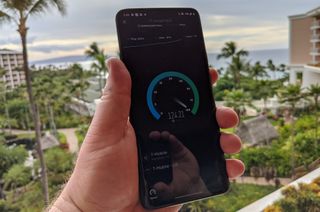
So now's the time to grab a 5G phone, hop on T-Mobile's new network end enjoy the faster speeds and lower latency that have defined what 5G is supposed to be, right? For most people, probably not.
While launching a 5G network with the reach that T-Mobile's has to offer is certainly a big step, it's just another milestone in the 5G transition that's probably going to take a bit longer than the networking standard's fiercest advocates are willing to admit. There are plenty of solid arguments for taking advantage of T-Mobile's 5G network now, but just as many counter-arguments for continuing to play the waiting game.
Here's a closer look at why you might want to give T-Mobile's 5G network a try, and the reasons why it might make more sense to wait a little bit longer to see how 5G develops in 2020.
T-Mobile's 5G network is pretty far-reaching...
Head to T-Mobile's map of its 5G network, and enter in your hometown. While it's not a certainty that T-Mobile's 5G signal will reach you, you've got a better chance than you would with other carriers. Verizon's 5G network is limited to 18 cities right now, with Big Red targeting 30 cities by year's end. Sprint's 5G is only available in 9 cities.
Sign up to get the BEST of Tom's Guide direct to your inbox.
Get instant access to breaking news, the hottest reviews, great deals and helpful tips.
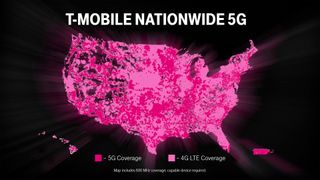
Even more important, T-Mobile's 5G signal, which is built on low-band spectrum, can make its way indoors. During our Maui tests, we were able to stay steadily connected to T-Mobile's 5G network even from inside a hotel room. That's a stark contrast to millimeter wave-based 5G networks like Verizon's, which require you to be in the line of sight for a 5G tower and where signals have problems with physical obstructions like walls and windows.
...But T-Mobile's 5G speeds aren't that much faster than LTE
5G may be faster than LTE, but in this current iteration of T-Mobile's 5G network, that speed improvement isn't exactly life-changing.
As extensive as T-Mobile's coverage may be, it's not particularly fast — certainly nowhere near the 1 Gbps download speeds that are commonly touted as one of 5G's big benefits. That's because the low-band 600Mhz spectrum T-Mobile used for its nationwide network sacrifices faster speeds for wider reach.
T-Mobile says to expect about a 20% improvement over the download speeds you'd get on its LTE network. We certainly saw that during our Maui testing, with speeds improving by as much as 36% over what we were getting on a phone connected to T-Mobile's LTE in the same location. But in that instance, our 5G-compatible OnePlus 7T Pro 5G McLaren was seeing download speeds of 152 Mbps — fast, sure, but not exactly a record-setting pace. And in many locations around Maui, we were seeing sub-100 Mbps speeds, even on 5G, which were sometimes on par with our LTE-connected device.
The bottom line? 5G may be faster than LTE, but in this current iteration of T-Mobile's 5G network, that speed improvement isn't exactly life-changing.
T-Mobile's network is only going to get faster
Sure, T-Mobile's 5G may only be a little bit faster than its LTE network at present. But it's not going to always stay that way. T-Mobile says to expect a 10x improvement by 2024, though cynics with access to a calendar will note that big jump is five years out.
A more immediate improvement is just on the horizon, though. T-Mobile's proposed merger with Sprint has won all the necessary regulatory approvals. Once the two companies are combined, T-Mobile will be able to incorporate Sprint's mid-band spectrum into its own network. Mid-band delivers faster speeds than T-Mobile's current low-band offering, as we discovered when we tested Sprint's 5G network in Dallas and Los Angeles. Dallas was one of Sprint's first 5G markets, and speeds weren't much faster than LTE, similar to our experience with T-Mobile. But in Los Angeles, we saw speeds regularly topping 200 Mbps and sometimes reaching 450 Mbps.

Standing between T-Mobile and Sprint joining forces is a lawsuit filed by several states' attorneys general that are seeking to block the merger, fearing less competition in the wireless world. Even if T-Mobile and Sprint prevail in the lawsuit, don't expect a resolution until 2020 at the earliest. Still, with people holding onto their smartphones for longer these days, that 5G phone you buy now could see some serious speed gains in the future.
... But current 5G phones aren't entirely future-proof
Just one problem with the theory outlined above — while it's true that the 5G phone you buy today will benefit from the addition of Sprint's mid-band spectrum to T-Mobile's nationwide 5G network, they won't be able to work with millimeter wave-based networks like the ones T-Mobile has deployed in a half-dozen cities. And as everyone from carriers to chip suppliers like Qualcomm have pointed out, true 5G networks will incorporate every part from the spectrum — from the expansive reach of low-band to the faster speeds of millimeter wave.
In other words, if you buy a 5G phone that works on T-Mobile's network today, it's likely you'll see some speed gains as T-Mobile builds out its network. But top speeds may be beyond your reach unless you upgrade to a new handset. So why not put that 5G jump off until there are handsets that truly can take advantage of future advances in 5G networks?
T-Mobile has some pretty compelling deals on 5G phones
Up until now, one of the biggest barriers to making the leap to 5G outside of the limitations of 5G networks were the phones themselves. They're pretty expensive, even in this era of flagship phones with $999 starting prices. That even goes for the two 5G phones that work on T-Mobile's newly launched network — the $1,299 Galaxy Note 10 Plus 5G and $899 OnePlus 7T Pro 5G McLaren.
Buy one Note 10 Plus 5G, get a second one free @ T-Mobile
T-Mobile will give you a second Note 10 Plus 5G for free when you buy the first $1,299 Samsung phone and open at least one new line of service.
But T-Mobile's willing to make a deal to get you to hop on to its 5G network. You can get a free Note 10 Plus 5G when you buy another Note 10 Plus 5G and add a new line. (You can also defray some of the cost by paying off your 5G Samsung phone in 36 monthly installments.) The deal on the 5G-ready OnePlus phone — which costs the same as a Pixel 4 XL — is even better. Trade in an eligible phone — an iPhone 8 or later, Galaxy S9 or later, Galaxy Note 9 or later, Pixel 3, LG G8 or OnePlus 7 Pro — and you can get the 5G phone for free when you switch your wireless service to T-Mobile. Suddenly one of the biggest expenses in switching to 5G has been taken care of.
Get a OnePlus 7T Pro 5G McLaren free @ T-Mobile
OnePlus' 5G phone normally costs $899, but T-Mobile offers the phone for free when you trade-in an eligible device and open a new line of service.
... But 5G phones are still pretty limited
You may have noticed that we've only mentioned two phones thus far. That's because those are the only two that work with T-Mobile's nationwide network. (The carrier also sells Samsung's Galaxy S10 5G, but that phone only works with millimeter wave-based networks, like the ones the Uncarrier has set up in six cities.)
More 5G phones are on the way. When it launched its network earlier this month, T-Mobile said it planned to offer 15 5G-capable phones in 2020. Surely, that total includes the iPhone 12, which is expected to add 5G capabilities when it arrives in the fall. And some of those anticipated 5G devices will be less expensive than the initial 5G-ready phones we saw this year. After all, Qualcomm introduced the Snapdragon 765 chipset this month — a less expensive mobile processor with integrated 5G that's expected to broaden the range of 5G-ready phones in 2020.
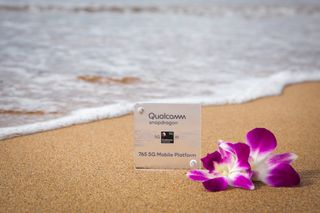
Put another way, you could grab one of the two phones that are available right now for T-Mobile's 5G network. Or you could wait anywhere from six to nine months and have a lot more options to choose from for your first 5G phone.
5G service doesn't cost extra at T-Mobile
If the cost of 5G phones has you gulping about what the new network standard will mean for your bottom line, T-Mobile offers one last incentive to make the 5G transition a little easier. It's not charging extra for 5G coverage.
The carrier includes 5G service with its standard unlimited plan. The Magenta plan costs $70 a month for one line, and discounts as additional lines brings the cost of unlimited data for a family of four to $160 a month. (At least, that's the normal price — under a current promotion, T-Mobile is waiving the cost of the fourth line, so you'll pay just $140.)

Free 5G doesn't sound like it will be a short-time promotion either. As part of its merger with Sprint, T-Mobile said it would offer the same or better rate plans for the next three years. It's also planning on including 5G coverage with a $15-a-month T-Mobile Connect plan that includes 2GB of data, though that plan is contingent on the Sprint merger moving forward.
... But other carriers are making progress, too
Perhaps the greatest reason to hold off on 5G, at least for now, is that it remains early days for the new network. And T-Mobile isn't the only carrier working to build out its 5G coverage.
This month, AT&T takes a step forward of its own, augmenting the millimeter wave-based 5G Plus service it's already launched in 21 cities with wider reaching low-band spectrum that will finally be available to customers outside of corporate users. AT&T's newly launched 5G effort isn't as extensive as what T-Mobile just launched — it will only be available in five cities initially with four more to come at an unspecified date — but it's an indicator that other carriers aren't standing in place. Verizon, too, is hoping to meet its goal of 30 cities with 5G coverage by year's end, with more to come in 2020.
The 5G landscape is going to continue to shift in 2020, from network reach to 5G performance to the types of phones that will connect via 5G. As tempting as it may be to jump on the first wave now that T-Mobile has taken 5G national, there's no harm in waiting a few more months to see what devices come out and how service improves.
Philip Michaels is a Managing Editor at Tom's Guide. He's been covering personal technology since 1999 and was in the building when Steve Jobs showed off the iPhone for the first time. He's been evaluating smartphones since that first iPhone debuted in 2007, and he's been following phone carriers and smartphone plans since 2015. He has strong opinions about Apple, the Oakland Athletics, old movies and proper butchery techniques. Follow him at @PhilipMichaels.
